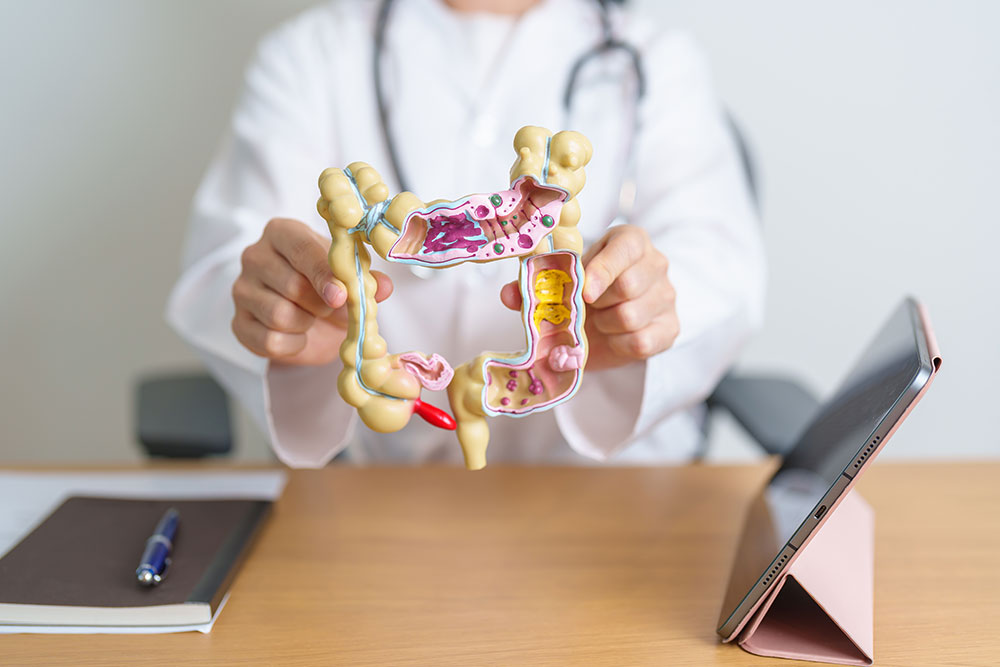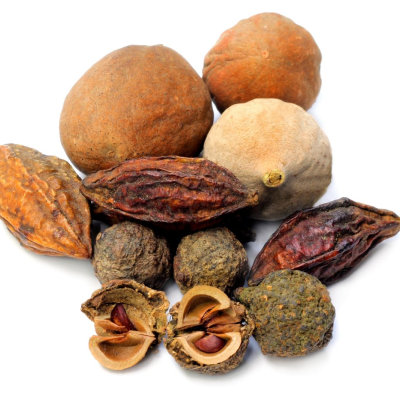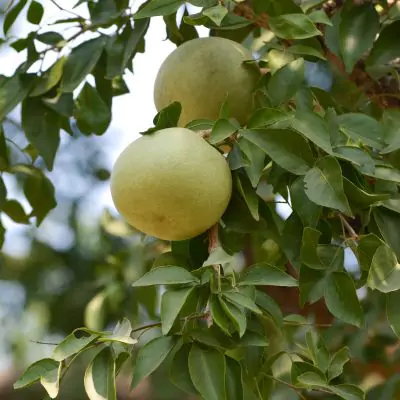Diverticulitis is a condition where small, bulging pouches (called diverticula) that form in the lining of the digestive system become inflamed or infected. These pouches typically develop in the colon (large intestine) and are more common as people age.
When these pouches are not inflamed, the condition is called diverticulosis, which often has no symptoms. However, when they become inflamed or infected, it leads to diverticulitis, which can cause significant discomfort and complications.
Causative factors of Diverticulitis
The exact cause is not fully understood, but several factors are associated with its development:
- Low-fibre diet: A diet low in fiber and high in processed foods can lead to constipation, increasing pressure on the colon wall, which may contribute to diverticula formation.
- Age: Risk increases after the age of 40.
- Obesity: Higher body weight increases the likelihood of diverticulitis.
- Smoking: Smokers are at a higher risk.
- Certain medications: Long-term use of non-steroidal anti-inflammatory drugs (NSAIDs) or steroids can irritate the gut.
- Genetics: A family history of the condition can make you more susceptible.
Symptoms of Diverticulitis
- Mild to severe abdominal pain, often on the lower left side
- Fever and chills
- Nausea and vomiting
- Constipation or diarrhoea
- Bloating and gas
- Rectal bleeding (less common but possible)
Complications of Diverticulitis
If untreated, diverticulitis can lead to severe complications, including:
- Abscess: A collection of pus in the infected area.
- Perforation: A tear in the colon wall, leading to infection spreading to the abdominal cavity (peritonitis).
- Fistula: An abnormal connection between the intestine and other organs.
- Bowel obstruction: Blockage in the intestines due to scarring or inflammation.
Ayurvedic Perspective on Diverticulitis
In Ayurveda, diverticulitis can be linked to an imbalance of Vata and Pitta doshas:
- Vata dosha: Causes irregular bowel movements and pressure on the intestinal wall, leading to the formation of pouches (diverticula).
- Pitta dosha: Manifests as inflammation or infection in the diverticula.
Ayurvedic Factors
- Poor digestive fire (Agni) leads to the accumulation of toxins (Ama) in the intestines.
- Irregular eating habits, processed food, and stress can aggravate this condition.
Dietary Changes (Pathya)
- Include fibre-rich foods like whole grains, fruits, and vegetables to maintain bowel health.
- Avoid spicy, oily, or processed foods that aggravate Pitta.
- Drink plenty of warm water to aid digestion.
- Use ghee to lubricate the colon.
Panchakarma Detoxification
- Basti (Medicated enema): Balances Vata and clears toxins from the colon.
- Virechana (Purgation therapy): Helps reduce Pitta dosha and inflammation.
Lifestyle Modifications
- Regular yoga or gentle exercises like walking to promote digestion.
- Manage stress through meditation and breathing exercises (Pranayama).
- Follow a regular meal schedule to regulate digestion.
Herbal Remedies
Triphala:
Helps cleanse the colon and improves digestion.
Bilva (Bael fruit):
Soothes inflammation and aids healing.
Aloe Vera juice:
Reduces Pitta and inflammation.
Ashwagandha:
Balances Vata and improves overall gut health.







